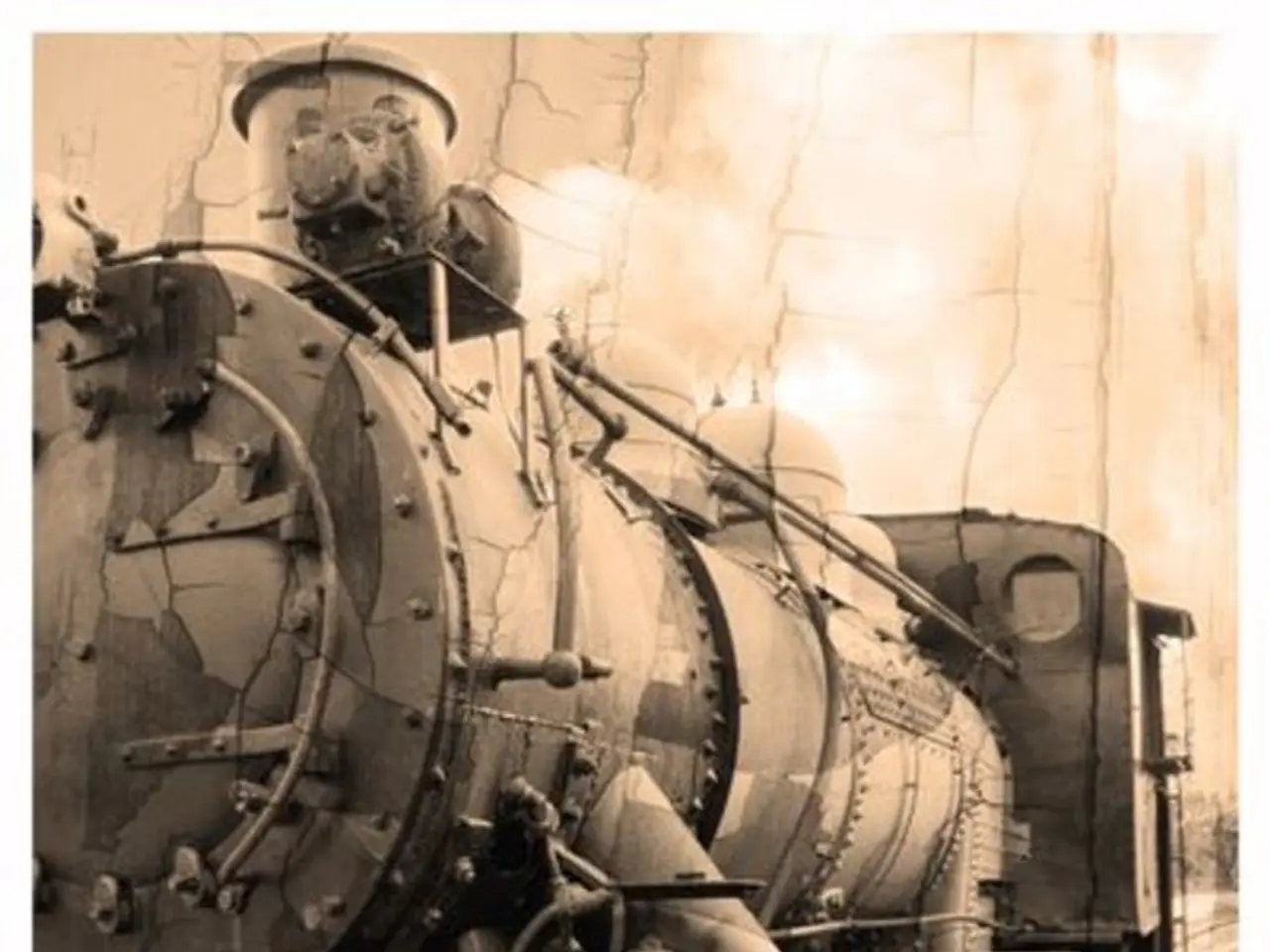Benefits and Drawbacks of Burning Wood-Fueled Heaters
Biomass boilers are a carbon-neutral form of energy, making them an attractive alternative to traditional fossil fuel boilers. The carbon dioxide released during the burning process is re-absorbed by growing plants, making them a renewable and environmentally friendly choice.
If you're considering making the switch, you might be pleased to know that you can request up to 3 free quotes for biomass boilers without obligation through GreenMatch.co.uk.
However, it's important to understand that the initial investment for a biomass boiler is typically higher than that of traditional gas or oil boilers. The cost varies depending on factors such as boiler capacity, pressure rating, fuel type, system complexity, and site-specific conditions.
On the bright side, biomass boilers and stoves qualify for the Renewable Heat Incentive (RHI), which provides periodical payments over several years. This can help offset the higher initial cost.
The process of choosing a biomass boiler involves assessing your heating needs, the type of biomass fuel available, boiler capacity, installation requirements, cost considerations, and maintenance demands. It's crucial to evaluate the advantages and disadvantages, initial cost, and ongoing maintenance to make an informed decision.
Advantages of Biomass Boilers
Biomass boilers offer several advantages. They are highly efficient, often more so than traditional heating systems, and produce far fewer carbon emissions due to burning renewable biomass fuels. This makes them a low carbon footprint alternative to fossil fuel boilers.
Additionally, biomass boilers may be eligible for renewable energy incentives or subsidies depending on your location. Another benefit is that biomass energy is beneficial for disposing of waste wood.
Disadvantages of Biomass Boilers
Despite their benefits, biomass boilers do have some drawbacks. They require more work than traditional gas and oil boilers due to the need for a continuous fuel supply and regular cleaning. Biomass boilers also need more space than gas or oil boilers due to their larger size and fuel storage requirements.
It's essential to note that the price of biomass fuel, such as wood pellets and chips, can be more stable compared to traditional fuels like oil and gas. However, the initial costs and ongoing maintenance costs should still be carefully considered.
Moreover, biomass fuel must remain dry for efficient burning, so storage conditions must be carefully considered to ensure the fuel's quality and the boiler's efficiency.
Making the Right Choice
When choosing a biomass boiler, consider factors such as your heating demand and the boiler size required, the availability and cost of biomass fuel, installation complexity and space for fuel storage, initial boiler and system cost, maintenance frequency and effort, and environmental benefits versus fossil fuel alternatives.
It's also recommended to find a local fuel supplier to reduce carbon footprint and delivery costs before purchasing a biomass boiler. Replacing a coal or electric heating system with a biomass boiler can help reduce carbon dioxide output by up to 9.5 tons annually.
In summary, a balanced assessment can help determine if a biomass boiler suits your property and heating needs economically and sustainably.
Financing for biomass boilers in the renewable-energy industry can be secured through various means, such as savings, personal loans, or even the Renewable Heat Incentive (RHI) that offers periodical payments over several years.
When choosing a biomass boiler, it's crucial to evaluate the initial cost, ongoing maintenance, and potential savings from renewable energy incentives, as these factors can significantly impact the overall financial viability of the investment.




